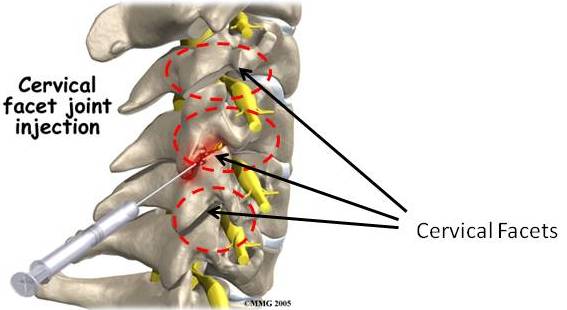
RANSON – January is Cervical Cancer Awareness Month, and women may want to learn more about proper health practices to prevent the disease from creeping up on them as it has done to hundreds of other local women.
Cervical cancer occurs when abnormal cells in a woman’s cervix turn into cancer cells, which usually takes several years to occur. The change is primarily prompted by a human papillomavirus (HPV) infection, a sexually transmitted disease.
Many times, cervical cancer doesn’t show any symptoms, or symptoms can be easily confused with the normal menstrual symptoms that women experience.
“(Cervical cancer) is easily treated if caught early,” said Dr. James Murray, a physician at WVU Maternity & Women’s Health Center in Ranson. “It’s largely detected early with Pap smears. … Pap smears are recommended for someone 21 years of age or at three years after their age of first intercourse – whichever comes first.”
According to the National Cervical Cancer Coalition website, approximately 10,000 women are diagnosed with cervical cancer each year in the U.S., and it is the second most common type of cancer found in women. Cervical cancer-related deaths continue to decline by 2 percent each year due to the increasing use of Pap tests.
Most women whose cells progress to cervical cancer have never had a Pap test or have not had a Pap test in the last three to five years.
“The need for Pap smears cannot be stressed enough,” Murray said. “The followup for abnormal cells (found in a Pap test) is a minor surgical procedure, freezing of the cervix or to simply repeat the Pap smear after the appropriate interval. … (Treatment) depends on the abnormality, the type of abnormality and the age at which the patient got the abnormality.”
Cervical cancer is one of the most preventable cancers today. If caught early, the five-year survival rate is almost 100 percent, says the NCCC website.
“It’s so readily treated if caught at an early time, and no one should die of cervical cancer,” Murray said. “An ounce of prevention is worth a pound of cure.”
More information on WVU Maternity & Women’s Health Center is available at wvumaternity.com.
More information on cervical cancer is available at nccc-online.org.
-Staff writer Megan Fisher can be reached at 304-263-3381, ext. 132, or